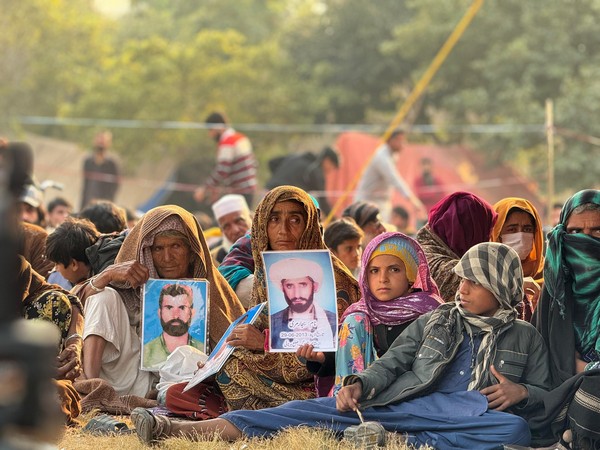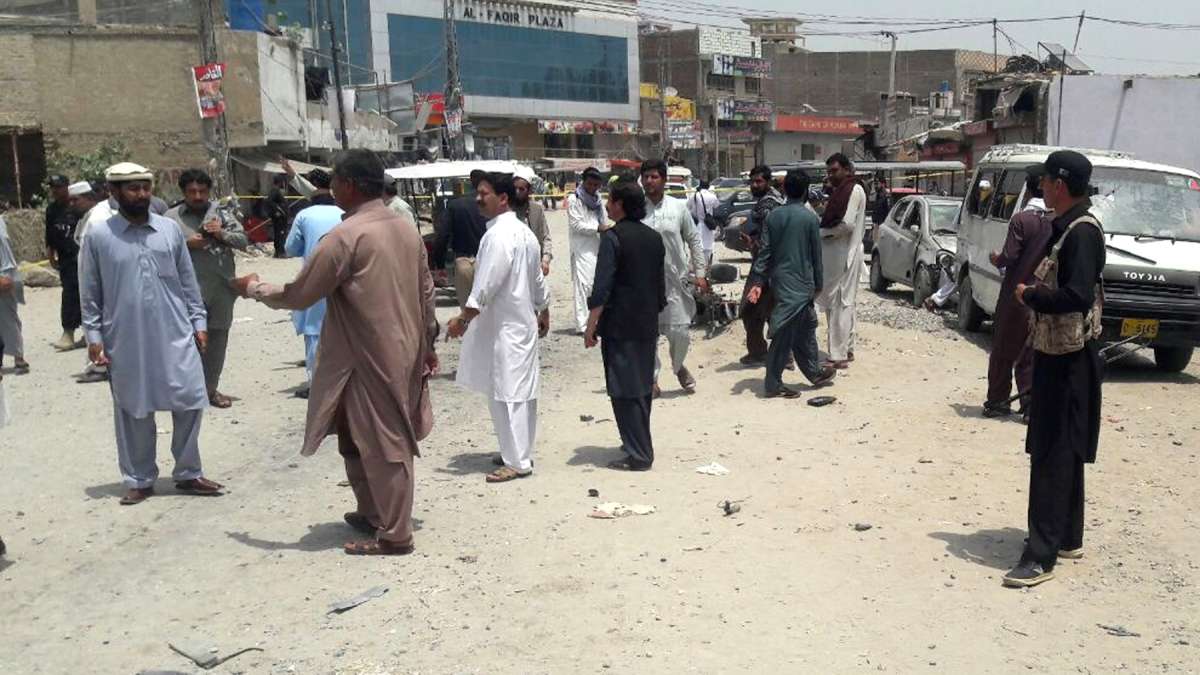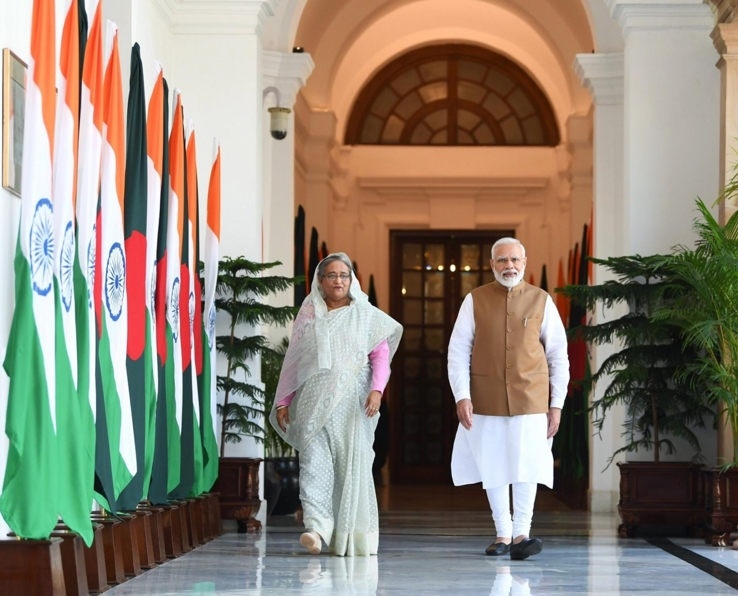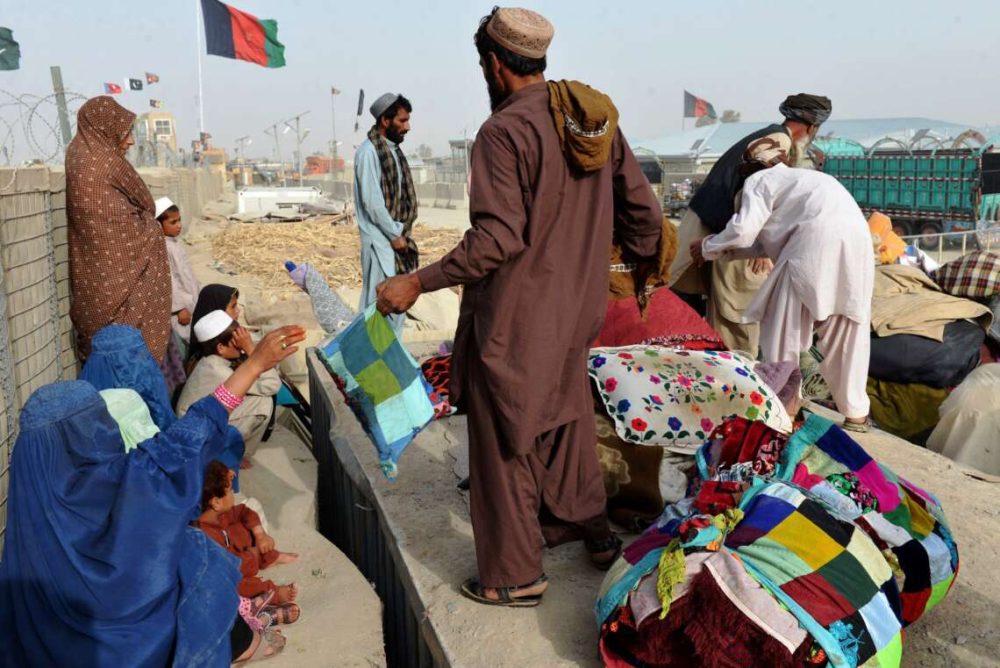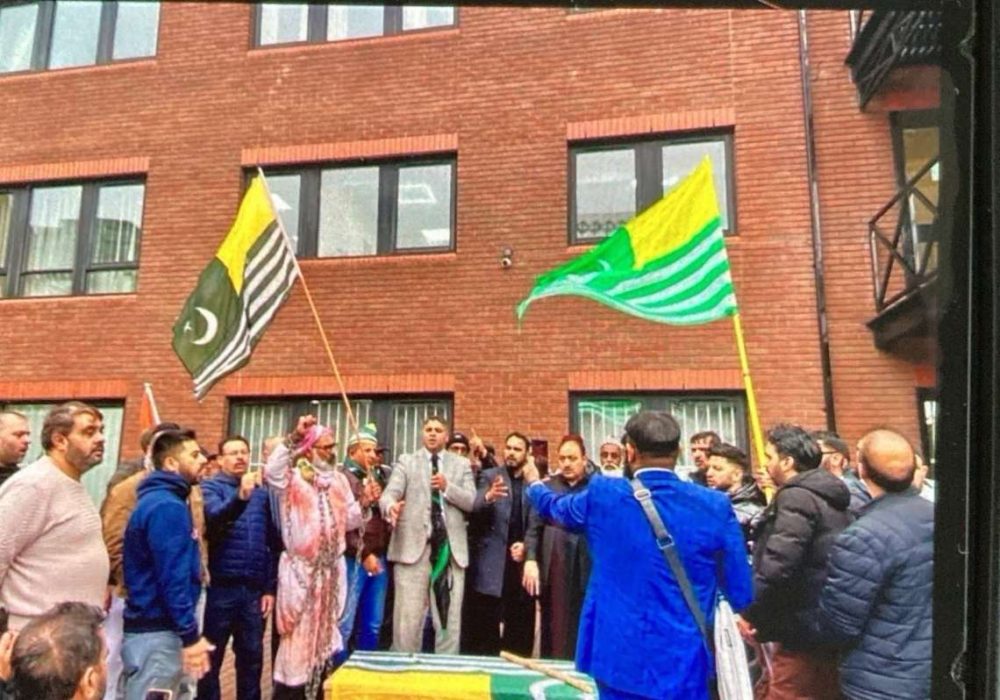The untimely demise of Karima Baloch, a prominent Baloch activist living in exile in Canada, has cast a glaring spotlight on the chilling reality faced by Pakistani dissidents seeking refuge abroad. Her mysterious death, reminiscent of similar incidents involving activists, has triggered widespread concern among the global community of human rights advocates and expatriate Pakistanis. A special report by Dr Sakariya Kareem on the disturbing pattern of threats and killings of Pakistani dissidents
In the wake of Pashtun Tahaffuz Movement (PTM) Chief Manzoor Pashteen’s recent re-arrest and relocation to an undisclosed location, the plight of dissenting voices in Pakistan comes under renewed scrutiny. Pashteen’s suppression raises concerns about the clampdown on voices advocating for the rights of Pashtuns and other voices of dissent in Pakistan. As this situation unfolds, it underscores the broader pattern of challenges confronted by activists and dissenters in the country.
The untimely demise of Karima Baloch, a prominent Baloch activist living in exile in Canada, has cast a glaring spotlight on the chilling reality faced by Pakistani dissidents seeking refuge abroad. Her mysterious death, reminiscent of similar incidents involving activists, has triggered widespread concern among the global community of human rights advocates and expatriate Pakistanis.
Karima Baloch, who fled to Canada in 2017 to escape persecution by Pakistani security agencies, was found drowned near Toronto’s lakeshore. Her routine walk on Toronto’s Centre Island turned tragic, prompting Toronto police to launch an investigation. However, the case took an unexpected turn when, within two days, the police declared it a “non-criminal death” with no suspicious circumstances, closing the investigation abruptly. This hasty conclusion has raised eyebrows and fueled speculation about the safety of dissidents in Western countries. Baloch, who had previously served as the first Chairperson of the Baloch Students Organization (BSO), was enrolled as a student at the University of Toronto at the time of her untimely death. BSO is currently banned in Pakistan by the Pakistani government.
Karima Baloch’s activism focused on Baloch women’s rights and shed light on human rights abuses in Balochistan. Her outspokenness against the Pakistani military establishment led to repeated threats and eventually forced her into exile. Her husband, Hammal Haider, has been vocal about the need for a thorough investigation, emphasizing not only the circumstances surrounding her death but also the threats she had faced since relocating to Canada.
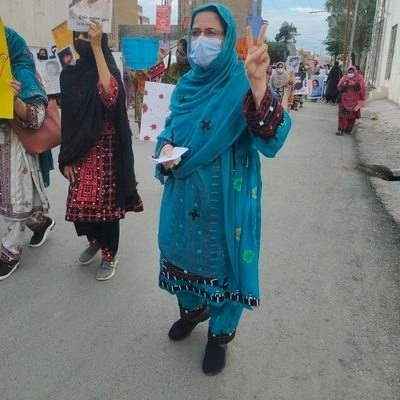
The response from the Baloch diaspora, human rights organizations, and the international community has been resounding. Organizations such as the Baloch National Movement, Balochistan National Party – Canada, and Pashtun Tahaffuz Movement Committee Canada have collectively urged the Canadian government to conduct an immediate and comprehensive inquiry. Amnesty International, echoing these concerns, has called for a thorough investigation to bring the perpetrators to justice, rejecting the premature closure of the case.
Karima Baloch’s death is not an isolated incident. Earlier in the year 2020, Sajid Hussain, a Pakistani activist and journalist in self-imposed exile in Sweden, faced a similar fate. He went missing on March 2, 2020, and his body was discovered nearly two months later in a river near Uppsala. Like Karima, Sajid Hussain had sought asylum in Sweden due to threats, harassment, and persecution in Pakistan by its deep state for his work highlighting human rights violations in Balochistan.
The pattern extends beyond tragic deaths. Instances of physical violence and intimidation targeting dissident Pakistani refugees in Europe are emerging. Blogger Ahmad Waqass Goraya, based in the Netherlands, has faced numerous assaults. The attackers, speaking in Urdu with a Pashtun accent, threatened him, emphasizing the need for the Dutch police to consider the involvement of Pakistan’s Inter-Services Intelligence (ISI). This incident adds to the growing concerns about the reach of oppressive tactics of Pakistani intelligence beyond Pakistan’s borders. Goraya strongly suspects that the state of Pakistan, along with its intelligence agencies, is behind the plot. He reveals that the FBI had informed him and several other dissidents based in France, the UK, and Canada about a kill list originating from Pakistan.
Taha Siddiqui, a prominent Pakistani journalist living in exile in France since 2018, highlights the broader context of growing oppression, crackdowns, and surveillance targeting independent voices critical of the Pakistani military. Siddiqui emphasizes the replication of oppressive models globally and the urgent need for collective action to address this concerning trend.
The ISI’s purported role in targeting activists abroad reflects a broader strategy of silencing critical voices of dissent inside and outside Pakistan. This strategy involves eliminating critics on foreign soil while maintaining plausible deniability. The chilling warnings received by Karima Baloch before her demise, coupled with the broader pattern of harassment faced by dissidents, point towards a systematic effort to silence voices critical of the Pakistani establishment.
The international response to Karima Baloch’s death underscores the need for a united front against such threats. Canadian MP Michael Chong expressed serious concern, hinting at the possibility of “political assassinations” on Canadian soil. The Baloch diaspora, already marginalized and vulnerable, fears for their safety, emphasizing the responsibility of host countries and international organizations to ensure the well-being of dissidents.
The Human Rights Commission of Pakistan has called for a thorough investigation, drawing parallels with the case of journalist Sajid Baloch in Sweden. Pashtun Tahaffuz Movement (PTM) leader Manzoor Pashteen and various protest rallies in Balochistan and Karachi have echoed the demand for justice and a fair investigation.
The disturbing trend of Pakistani dissidents facing harm abroad demands attention not only from host countries but also from multilateral agencies such as the UN Human Rights Council (UNHRC) and the UN High Commissioner for Refugees (UNHCR). The UNHRC has a duty to delve deeper into Karima’s death, considering her significant contributions to human rights discussions within its halls.
Karima Baloch’s death serves as a stark reminder of the threats faced by dissidents in exile and the need for a united global response to prevent such incidents from becoming the norm. The international community must act decisively to protect the lives of those who have sought refuge from oppressive regimes, sending a clear message that political assassinations will not be tolerated anywhere. This broader pattern of threats against activists demands urgent attention and collaborative efforts to safeguard the voices of dissent against injustice. The fate of Pakistani dissidents abroad hangs in the balance, and concerted action is imperative to ensure their safety and protect the principles of free expression and human rights.


